Navigating the Storm: Indonesia & Malaysia's Bold Play for Palm Oil Sovereignty
Explore Indonesia & Malaysia's unified stand to redefine palm oil's narrative, counter Western pressures, and fortify regional economic resilience amidst global trade shifts.
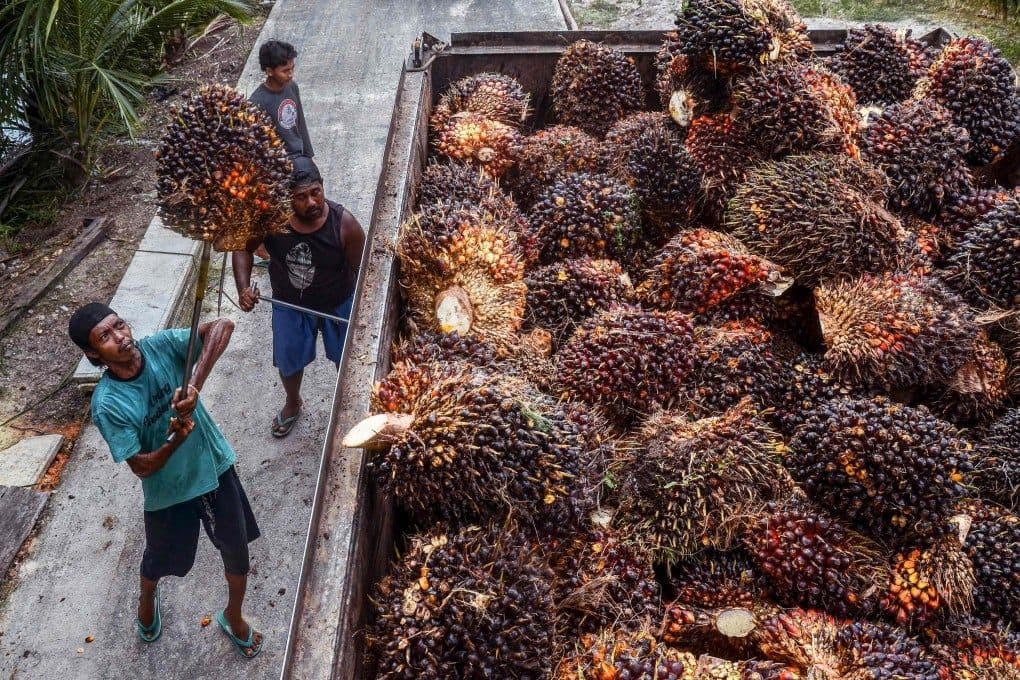
The Golden Staple Under Siege
, an omnipresent ingredient found in everything from your morning chocolate spread to a myriad of cosmetics and pharmaceuticals, forms the economic bedrock for and , two nations that together command an astonishing 85 percent of the world's supply. Despite its global ubiquity and critical role in diverse industries, demand for this vital commodity has largely been confined to traditional markets like and . The primary reason for this limited market expansion stems from a relentless barrage of criticism, predominantly from Western environmental lobbyists. These groups vociferously accuse palm oil plantations of being a primary driver of deforestation and catastrophic biodiversity loss, particularly impacting sensitive ecosystems and endangered species. This sustained negative campaign has created significant headwinds, limiting market access and casting a long shadow over an industry that provides livelihoods for millions. Now, as new economic pressures emerge, including looming , and find themselves at a critical juncture, compelled not just to defend their industry, but to strategically redefine the future of their golden staple on the global stage, championing sustainable practices and fairer trade.
The Narrative Battlefield: Eco-Concerns vs. Economic Lifeline
The challenge facing and extends far beyond mere market dynamics; it's fundamentally a battle for the narrative itself. On one side stands the powerful voice of environmental advocacy, painting palm oil as an ecological villain responsible for widespread habitat destruction and biodiversity loss. This perspective, often amplified in Western media, has significantly shaped global consumer perception and trade policies, effectively limiting the industry's reach into lucrative new markets. On the other side is the undeniable reality of palm oil as an economic lifeline for millions in these developing nations. It represents stable jobs, crucial infrastructure development, and a pathway out of poverty for countless communities. For and , countering these 'negative campaigns' isn't merely about public relations; it's about safeguarding national economic interests and ensuring the welfare of their citizens. This strategic alliance aims to reclaim the story, asserting their commitment to sustainable practices while vigorously highlighting the socio-economic imperative of the industry, thereby challenging the often-unilateral Western environmental discourse with a more balanced global perspective.
A Unified Southeast Asian Front: Strategy and Solidarity
In a decisive move signaling rising Southeast Asian economic nationalism, and have forged a united front to tackle the multifaceted challenges confronting their palm oil industry. The recent joint statement by Indonesian President and Malaysian Prime Minister underscored their mutual commitment to "promote sustainable palm oil and counter negative campaigns." This isn't merely a defensive pact for an embattled commodity; it's a potent demonstration of regional solidarity and a strategic recalibration of trade diplomacy. By speaking with one voice, these two nations amplify their leverage on the global stage, challenging protectionist tendencies and advocating for fairer trade practices that acknowledge their development needs. This collaborative approach also extends to shared concerns like the welfare of migrant labor, recognizing that a unified stance on these broader issues strengthens their collective position and resilience against external pressures. It’s a clear message: is ready to chart its own course in the global economy and defend its vital industries.
Navigating Global Headwinds: Tariffs, Trade, and Migrant Welfare
The alliance between and is a direct and robust response to a complex web of global headwinds, extending beyond environmental criticisms to encompass significant economic pressures. Looming , specifically set to kick in on August 1st, represent a particularly acute threat, promising to slow growth in these export-reliant economies if not effectively mitigated. In response, Southeast Asian nations are actively pursuing multipronged strategies, scrambling to secure new trade deals and bolster existing partnerships to diversify markets and lessen reliance on single trading blocs. This proactive approach underscores a broader shift in trade diplomacy, where regional blocs and South-South cooperation are increasingly vital for navigating a protectionist global climate. Crucially, the joint statement from and also highlights a shared commitment to 'bolster protection for migrant labour.' This inclusion is not incidental; it reflects a deeper understanding that economic sovereignty and trade strength are intrinsically linked to social welfare and ethical labor practices, adding another layer of strategic depth to their unified front and demonstrating a holistic approach to national development.
Cultivating a Resilient Future: Beyond the Palm
Looking ahead, the strategic alliance between and signifies more than just a defense of palm oil; it's about cultivating a more resilient and self-determined future for as a whole. Their united front against external pressures and negative narratives is a blueprint for broader regional cooperation, aiming to diversify economic pathways and reduce reliance on traditional markets and Western approvals that often come with conditionalities. This collective effort to promote 'sustainable palm oil' on their own terms, through robust national certification schemes, suggests a commitment to responsible development that truly balances economic growth with environmental stewardship, rather than simply capitulating to external demands. By strengthening regional solidarity and pushing for a recalibration of global trade diplomacy, and are setting a powerful precedent. They are demonstrating how developing nations can assert their economic interests and narrative sovereignty in a complex world, ensuring that their vital industries continue to thrive while fostering a more equitable and resilient global economic landscape for all.
Related Articles
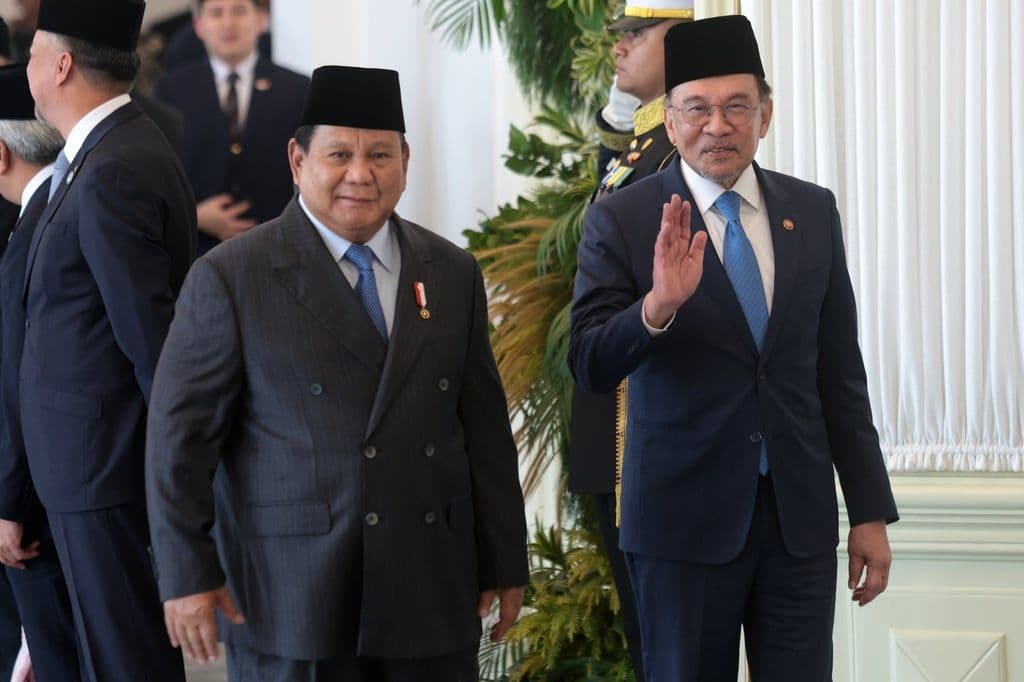
Malaysia's Triple Play: Navigating Global Headwinds, Green Gold, and Homefront Harmony

Malaysia's Triple Play: Navigating Global Headwinds, Green Gold, and Homefront Harmony
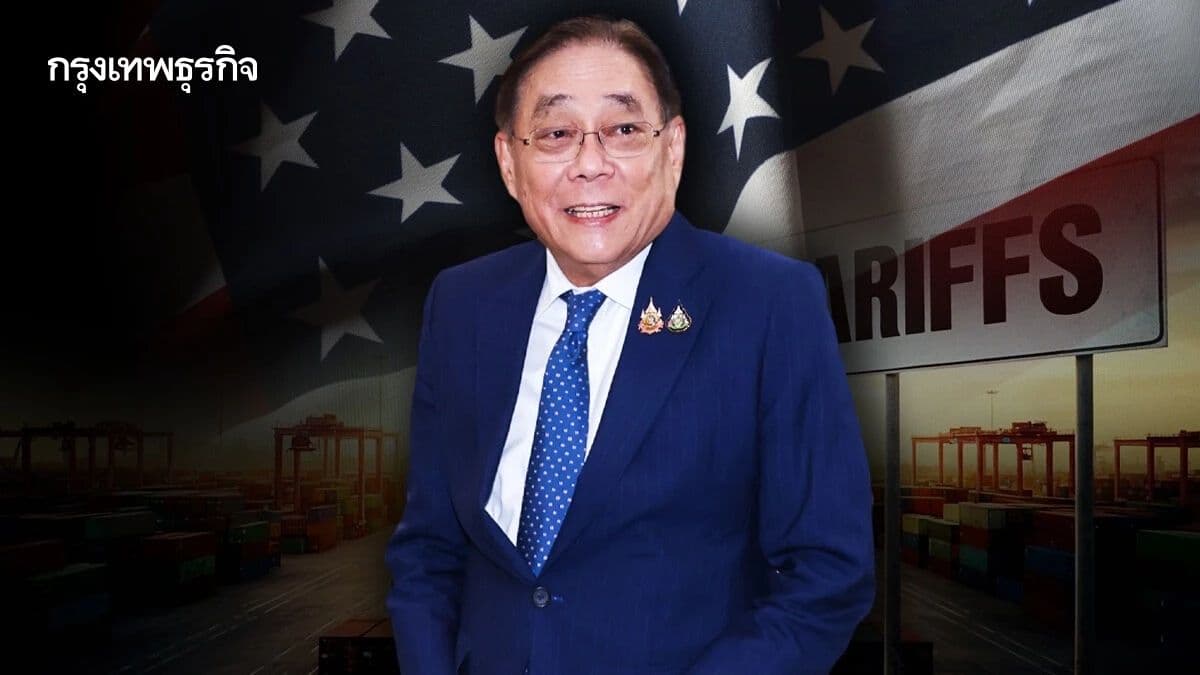
Beyond Tariffs: Unpacking the US-Thai Grand Bargain of 2025

Beyond Tariffs: Unpacking the US-Thai Grand Bargain of 2025
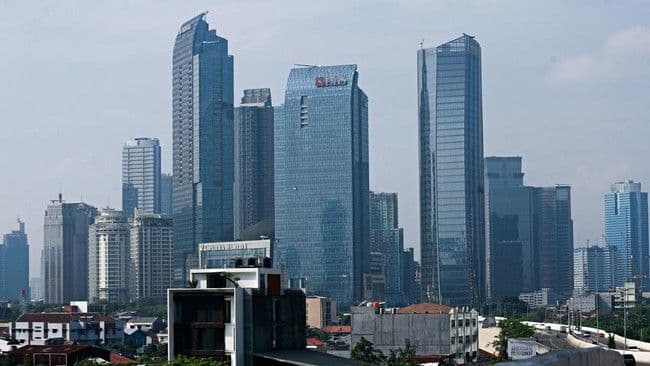
Indonesia's Growth Paradox: Unpacking the Surprise 5.12% Amidst Persistent Headwinds

Indonesia's Growth Paradox: Unpacking the Surprise 5.12% Amidst Persistent Headwinds
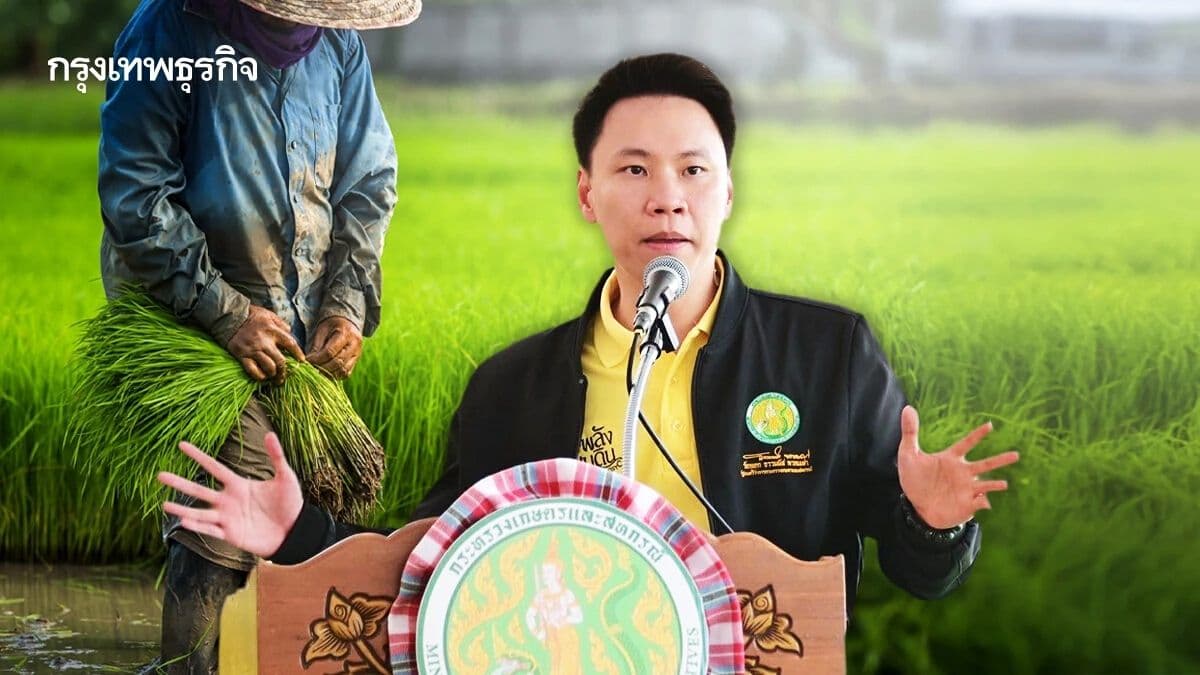
Beyond the Baht: Navigating the Future of Thai Rice in a Shifting Landscape
